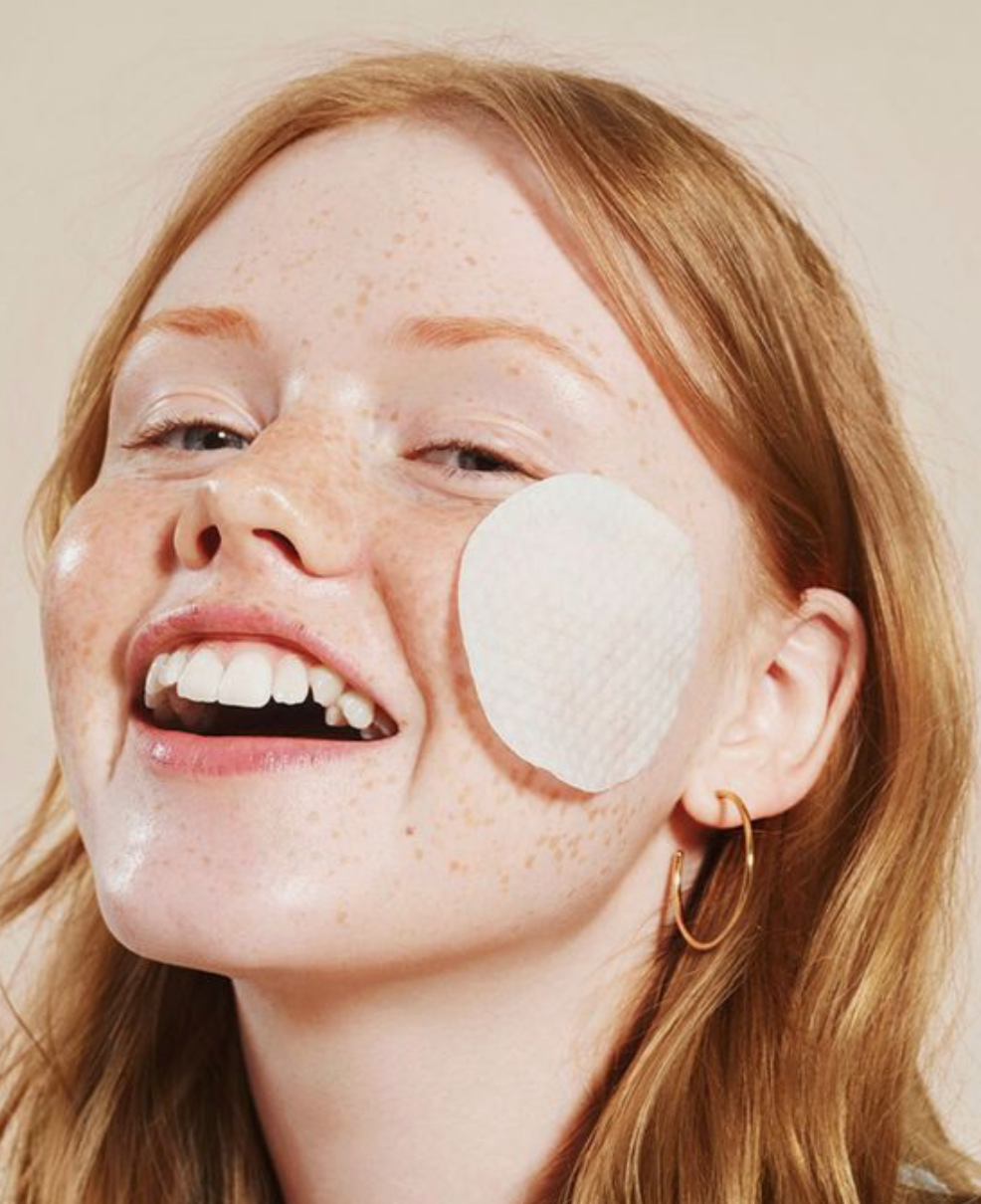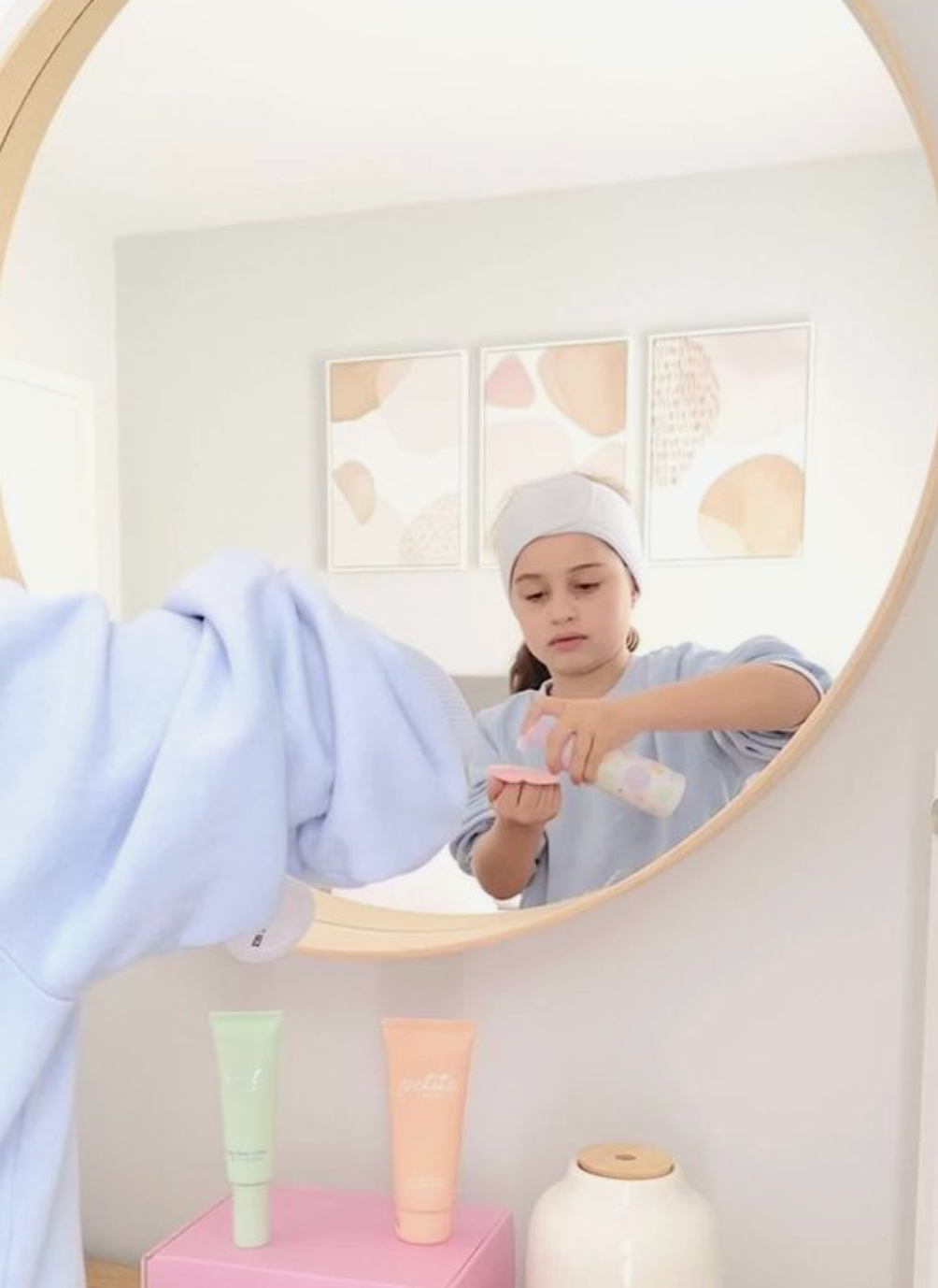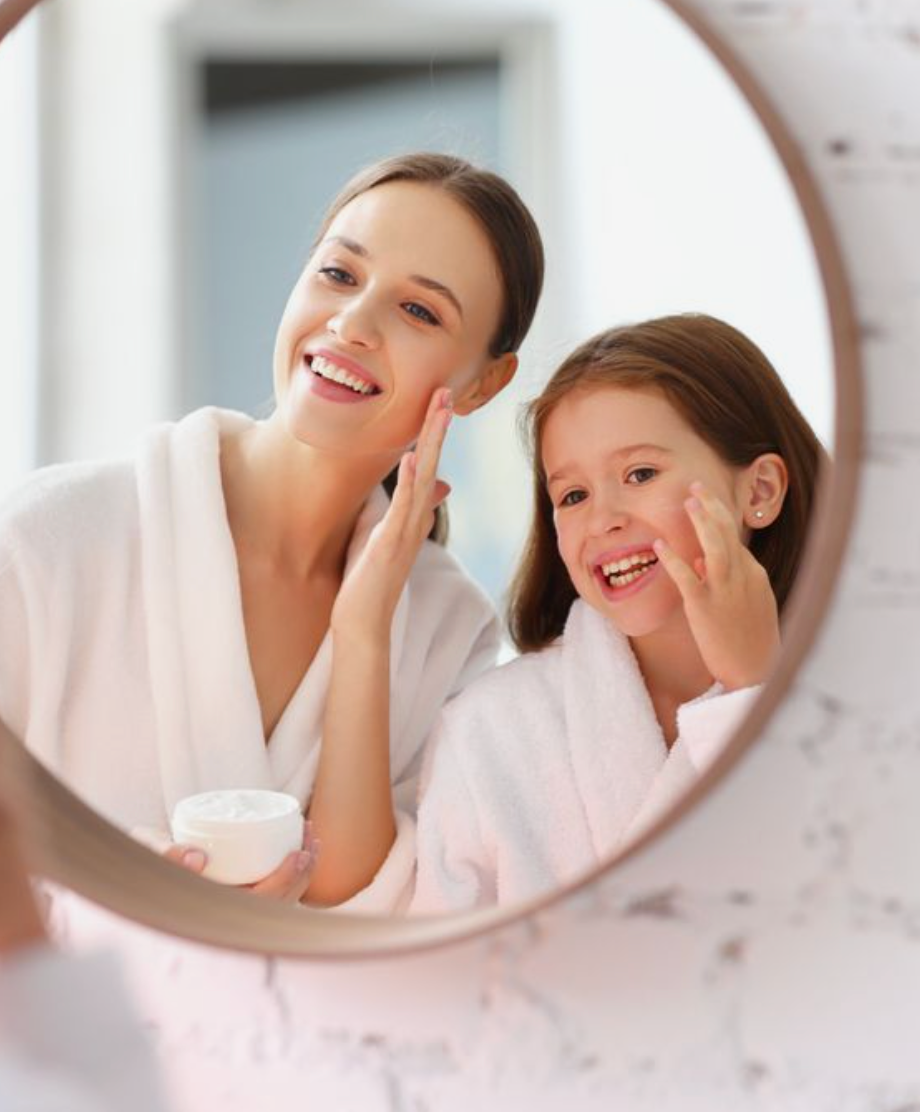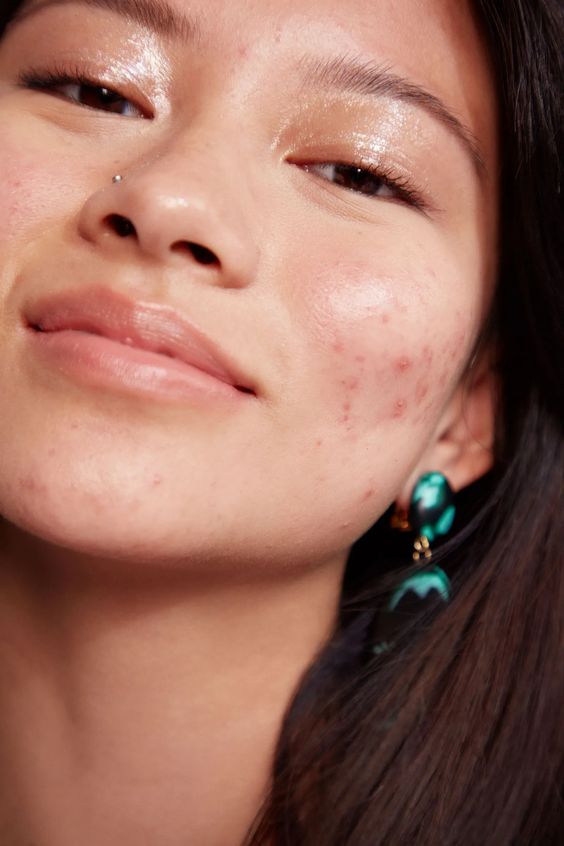Do You Actually Need an Eye Cream (or Is It a Total Scam?)
I’m breaking down when an eye cream is just clever marketing, when it truly earns its spot in your routine, and how to tell the difference—so you can stop guessing...


Depending on their age and what stage of puberty they are in, a preteen could be experiencing any number of changes in their skin. There’s three things we need to think about in skin: microbiome, barrier function, and sebum production. Typically those three things are functioning in harmony until children start to undergo the hormonal fluctuations that come with puberty.
These hormone changes, particularly increased production of androgens like testosterone, can lead to increased sebum (oil) production by the skin's sebaceous glands. This excess oil can alter the skin's microbiome by shifting its pH and creating an environment conducive to the growth of certain microorganisms, such as Propionibacterium acnes, which is associated with acne.
Concurrently, shifts in sweat gland activity lead to increased transpiration, impacting skin hydration and the barrier's ability to retain moisture. Let's discuss what all of this means for the tweens (9-12 years old) and teens (13-19 years old) in our lives.

With so many options available, it can be confusing for parents to know what’s appropriate and safe for their kids’ skin. In my opinion, there are a couple basic things that they should be doing — cleansing, moisturizing, and applying sunscreen.
A simple, efficacious routine with an emphasis on gentle formulations is key to keeping the skin calm. This includes a gentle, non-stripping cleanser, a lightweight moisturizer, and a mineral sunscreen, which is generally more gentle on the skin.

While active ingredients like retinoids, acids, and antioxidants may be seen as essential in adult skin-care routines, it’s a completely different story when it comes to preteens. Adults use these potent ingredients to help their skin act younger by shedding dead skin cells, promoting cellular regeneration, and boosting collagen and elastin production. However, tween skin is already functioning at its optimal efficiency, and collagen production is at its peak during this age.
Not only are most active ingredients unnecessary during this age, they may also be too harsh for young, developing skin. Active ingredients like exfoliating acids can disrupt the skin's natural barrier function. This disruption can impair the skin's capacity to retain moisture effectively, resulting in increased dryness and susceptibility to external irritants and pathogens.
Instead, it's essential to prioritize gentle skincare routines focused on cleansing, moisturizing, and sun protection during this stage.

As tweens turn into teens (13+ years old) and they begin to experience acne from hormonal fluctuations, then it becomes relevant to incorporate actives into their routine. Here are my favorite ingredients to target acne during the teenage years:
1. Benzoyl Peroxide:
Benzoyl peroxide works particularly well for inflammatory acne (think red, inflamed, & tender pimples) thanks to its ability to kill the bacteria that contribute to breakouts.
2. Retinoids:
Retinoids, such as retinol, retinal, and retinoic acid, are renowned for their ability to increase skin cell turnover. The quicker the cell turnover, the faster your skin is able to recover from inflamed acne. They work well for treating both non-inflammatory and inflammatory acne.
3. Salicylic Acid:
Salicylic acid works by penetrating deep into the pores and dissolving the debris, oil, and dead skin cells that clog them. It is particularly great for targeting blackheads, especially around the oily T-zone area where many teens are breakout-prone!
I’m breaking down when an eye cream is just clever marketing, when it truly earns its spot in your routine, and how to tell the difference—so you can stop guessing...
Exfoliation is often treated like an extra step in your routine — but it’s actually a process your skin is already doing on its own. We're breaking down how skin...
Redness doesn’t just “happen.” It’s often your skin’s way of asking for a pause. From inflammation to overdoing actives, we’re breaking down the most common causes — and how to...
Most of us have a solid routine for our face — cleansers, serums, moisturizers — but our lips? They’re the step we skip without realizing it. We’re unpacking why lip...